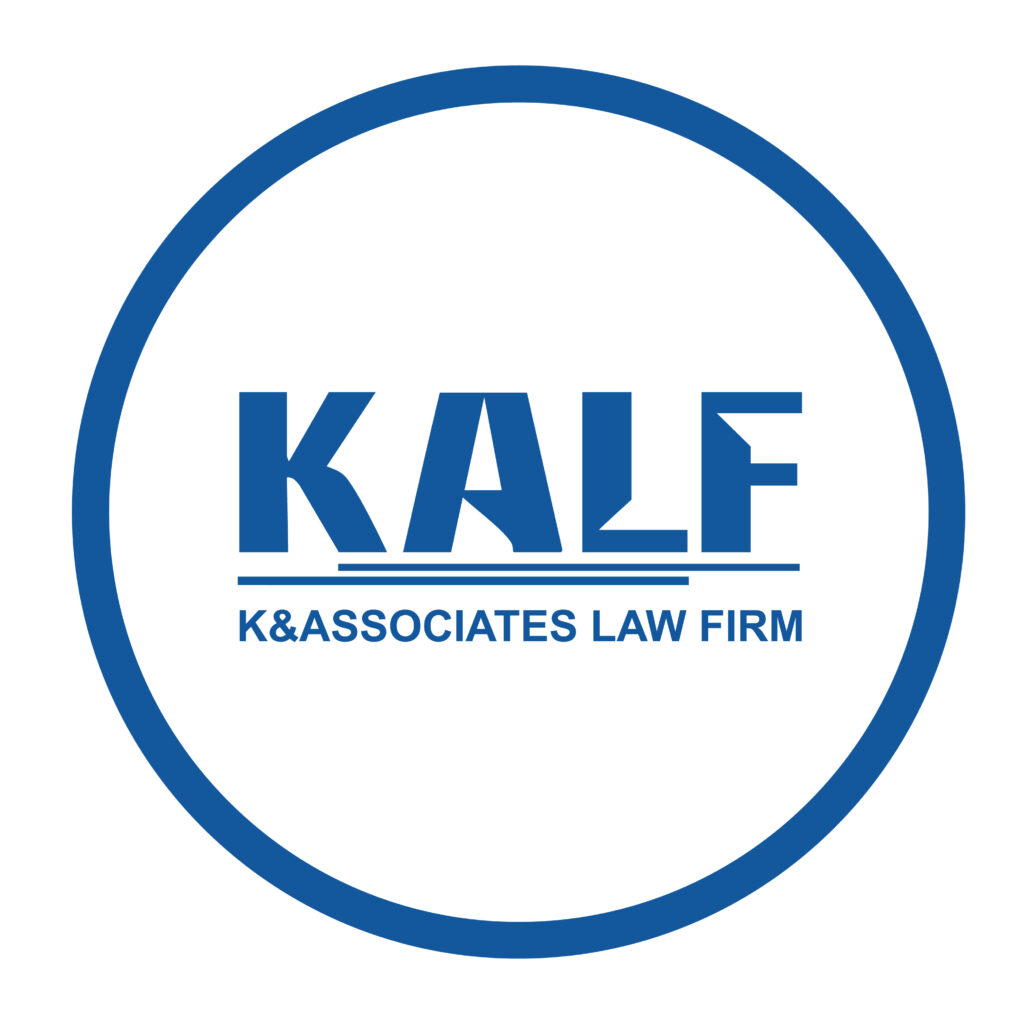Internal control is the creation and implementation of mechanisms of financial activities in the company by applying established procedures, regulations, regulations to improve the operational efficiency of the enterprise. This internal control system will monitor all aspects from employees to departments and systems of the business to minimize risks and limit the loss of company assets.
- Objectives of the internal control system
Currently, management methods in enterprises in Vietnam are not clear and strict. Small companies are often family-managed, while large businesses are decentralized to subordinates without full and strict control. All of these models lack cross-departmental regulation and are based solely on individual trust, leading to difficulties in controlling risk and fraud internally.
Establishing an internal control system is essential so that businesses can monitor operations objectively instead of trust-based management. Business owners need to carry out inspections through clear and specific regulations to minimize potential risks in business; asset protection; ensuring the accuracy of accounting data and financial statements; compliance with company regulations and laws; optimal use of resources to achieve goals; protect the interests of investors and shareholders and create trust for them.
- The role of the internal control system
Basically, internal control has an important role to play in business management. Through internal control, managers can recognize shortcomings in the organizational system and propose measures for timely adjustment. When controlled, managers will have enough information to make appropriate decisions to adapt to the environment and achieve the set goals. The operation of a business always faces problems such as inefficient operations, waste of resources, lack of effective supervision, poor organization and functionality, lack of alignment, limited vision,complex control, lack of information integrity, etc unnecessarily complicated. Internal control is actually the integration of activities, measures and control mechanisms inside an enterprise in order to minimize and prevent possible risks to the enterprise. The role of internal control is expressed through several of the following aspects:
First, help businesses manage resources better: Ensure businesses operate effectively, optimally use resources and achieve set goals; protect assets from damage; prevent fraud, theft, corruption, exploitation of enterprises’ resources.
Second, internal control is a tool to support planning and decision-making: By being provided with timely and rich information on all areas of business activities as well as tighter cost control, making decisions will be faster and easier; helping to respond to environmental changes Better business and faster and more efficient.
Third, increase management efficiency at all levels of management: Internal control requires to be implemented at all stages of operation, all levels of management form control checkpoints to carry out inspection, supervision and provide useful information to help managers perform better, more efficient.
Fourth, create a smooth, transparent and effective operating mechanism in the management and administration of the unit.
And fifth, protect the interests of investors and shareholders and build trust in them.
- Benefits from internal control systems
First, internal control requires analyzing and standardizing business processes, thereby helping businesses reduce wasted time, increase the amount of work handled over a period of time. As a result, it increases business efficiency.
Second, limiting and preventing unnecessary risks or unnecessary damages, businesses can reduce the error rate, increase the accuracy of data, thereby increasing the quality of business operations.
Third, create a common culture for the whole enterprise so that all are working towards the common goals of the business, towards a professional, disciplined, cooperative and responsible working style when all members comply with the rules, regulations, operating procedures of the business as well as the provisions of law.
Fourth, in the process of development and integration today, corruption has been increasingly clearly identified in terms of nature, characteristics and dangers at the international level in general and Vietnam in particular, not only in the public sector but also in the private sector, weaken competitiveness and create inequalities, as well as reduce trust in business. This requires early effective measures to prevent corruption, contributing to creating a healthy competitive environment, creating a premise for sustainable economic development. Meeting the inevitable requirements of the development of the market economy as well as the process of international integration, Vietnam’s anti-corruption law is currently being completed in the direction of multidimensional and flexible adjustment approach, relevant provisions of law are perfected in the direction of creating mechanisms for anti-corruption activities in Vietnam Organizations and enterprises perform autonomously, self-responsibly, proactively and actively.
Thus, establishing an internal control system strong enough to manage risks and prevent corruption is a matter that every business needs to pay special attention to. This system should be designed and operated to prevent, detect and handle fraud or errors that may occur to ensure that the activities of the enterprise comply with the provisions of applicable laws, ensure that financial information is published as reliable and activities ensure effectiveness, economy and efficiency, focusing on mechanisms to encourage shareholders or related interests of public companies and credit institutions to detect corruption and carry out necessary procedures to protect their rights and interests.
The above is KALF’s consultation on the Public Company’s Internal Control System and some related legal issues. All of our above advice opinions are based on applicable legal provisions. If you have any questions or requests about legal issues, please contact us for timely answers.




